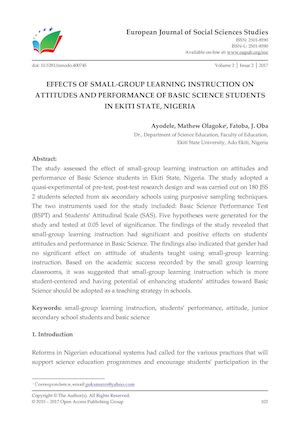
A recent examination of student performance at the University of Bradford has disclosed that a higher percentage of students in the part-time laboratory scientist degree apprenticeship program succeeded in passing their exams on the first try compared to those enrolled in the full-time BSc chemistry course. This occurred even though both groups experienced nearly indistinguishable teaching methods during the Covid-19 pandemic.
The university launched the laboratory scientist degree apprenticeship program in 2018, offering an online learning option for students who are working in relevant positions throughout the UK. This is in contrast to the conventional BSc program where students attend full-time on campus.
Throughout the pandemic, both programs adapted to a similar hybrid learning model, merging remote lectures with practical sessions. This arrangement enabled program leaders Clare-Louise Peyton and Thomas Swift to directly compare student outcomes from 2016 to 2024. Their analysis revealed that apprenticeship students consistently posted higher pass rates, averaging 90% in contrast to the BSc course’s 73%.
The results imply that apprenticeship students remained more connected with the subject matter as they could implement their knowledge daily in their jobs, receiving ongoing feedback. Conversely, BSc students encountered difficulties in adjusting to the disrupted learning landscape, which resulted in a lack of engagement.
Mike Watkinson, a member of the Royal Society of Chemistry’s professional standards board, recognized the significance of vocation-related learning while urging for further inquiry. He proposed that factors such as tripartite reviews, age demographics, and additional support from companies might influence these performance variances.
Demographic differences were observed between the programs, with the apprenticeship group exhibiting a higher male enrollment, reduced ethnic diversity, and fewer students with disabilities. Nonetheless, both groups had comparable UCAS entry points, suggesting a similar academic starting point.
Dario Castiglione from AWE underscored the strategic advantages of endorsing degree apprenticeships. He pointed out the quantifiable return on investment for employers, highlighting extra learning opportunities facilitated during the pandemic.
Swift cautioned against the repercussions of disfavoring degree apprenticeships, emphasizing the necessity of training individuals within the chemical industry to uphold essential sectors in the UK and Europe.